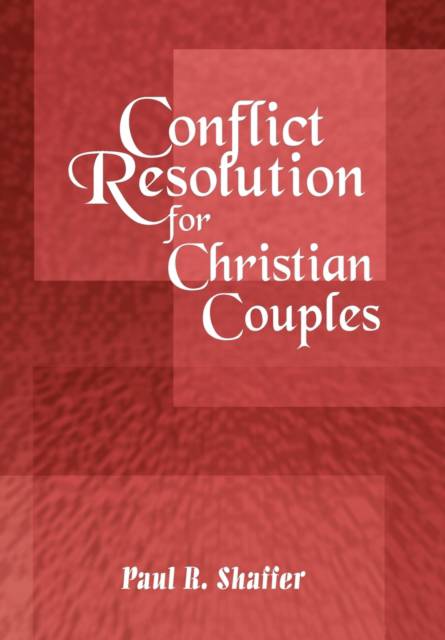
- Afhalen na 1 uur in een winkel met voorraad
- Gratis thuislevering in België vanaf € 30
- Ruim aanbod met 7 miljoen producten
- Afhalen na 1 uur in een winkel met voorraad
- Gratis thuislevering in België vanaf € 30
- Ruim aanbod met 7 miljoen producten
Zoeken
€ 38,95
+ 77 punten
Uitvoering
Omschrijving
When it comes to anger, there are natural dilemmas that exist when dealing with how you do or don't express it. Many people who have issues with anger do so because they feel, or the partner feels, that it's not okay to be angry. And because there is no allowed outlet provided for their upset, things build to an extreme point much more quickly than if there had been permission to experience and display negative emotions (frustration, disappointment, etc.). The Bible states that "In your anger do not sin," (Ephesians 4:26a) and, along these lines, one of the central concepts of conflict resolution is that it's okay to feel and express your upset as long as you do it appropriately - ideally, in a way that creates understanding, not does further damage. One of the primary purposes of this book is to not only show better ways to express potential upset, but how to maintain a healthy relationship where, if you follow the guidelines, discussions are unlikely to ever turn into fights.
Specificaties
Betrokkenen
- Auteur(s):
- Uitgeverij:
Inhoud
- Aantal bladzijden:
- 236
- Taal:
- Engels
Eigenschappen
- Productcode (EAN):
- 9781504947060
- Verschijningsdatum:
- 18/06/2007
- Uitvoering:
- Hardcover
- Formaat:
- Genaaid
- Afmetingen:
- 152 mm x 229 mm
- Gewicht:
- 503 g

Alleen bij Standaard Boekhandel
+ 77 punten op je klantenkaart van Standaard Boekhandel
Beoordelingen
We publiceren alleen reviews die voldoen aan de voorwaarden voor reviews. Bekijk onze voorwaarden voor reviews.











